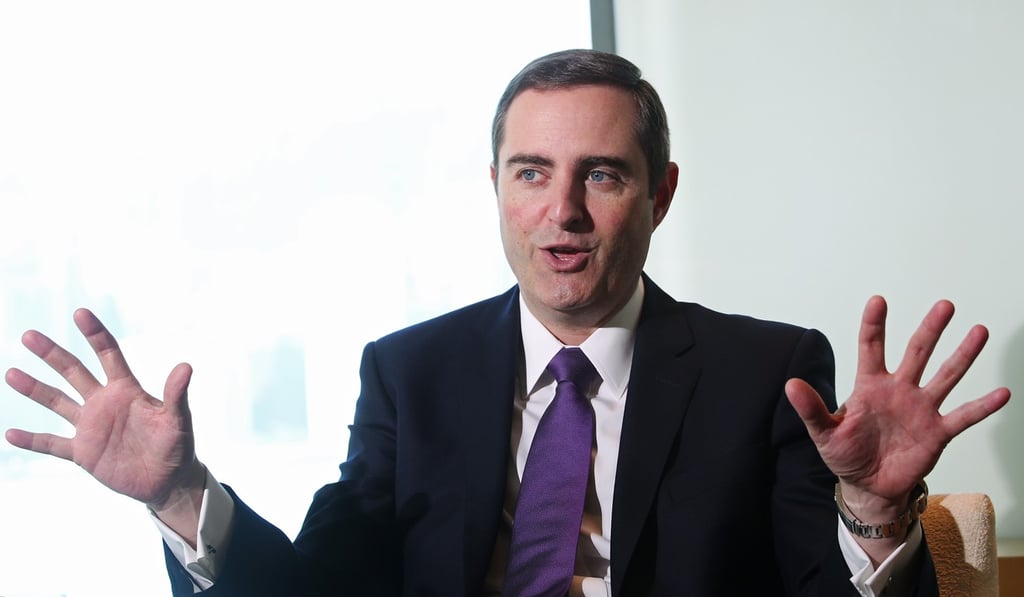Hotel giant IHG launches wellness brand to woo China’s middle-class
The brand’s debut comes as Chinese middle-class places greater importance on health and wellness

Hotel giant InterContinental Hotels Group (IHG) has launched a new hotel brand in China that aims to help travellers “keep healthy” while they are on the road.
The debut of the EVEN hotel brand comes at a time when young, middle-class Chinese consumers are increasingly placing an importance on health and willing to spend more on healthy low-calorie food and staying fit. The brand had its start in the US.
“More Chinese desire for a healthier lifestyle, and the Chinese government now focuses on health, wellness and tourism,” said Keith Barr, IHG’s chief executive.
The first four EVEN Hotels will open in Shanghai, Sanya in China’s southernmost Hainan province, Jinan in the northern Shandong province, and Chongqing in western China.
According to Barr, the hotels will provide healthy food including a lot of greens, juice and fruits, different fitness facilities such as yoga and stretching spaces, as well as a peaceful and relaxing environment.
“We just want to create a complete experience to help people keep [their] balance when they travel, rather than having so much stress,” Barr said, adding that their team was working hard to understand the meaning of wellness in China.

